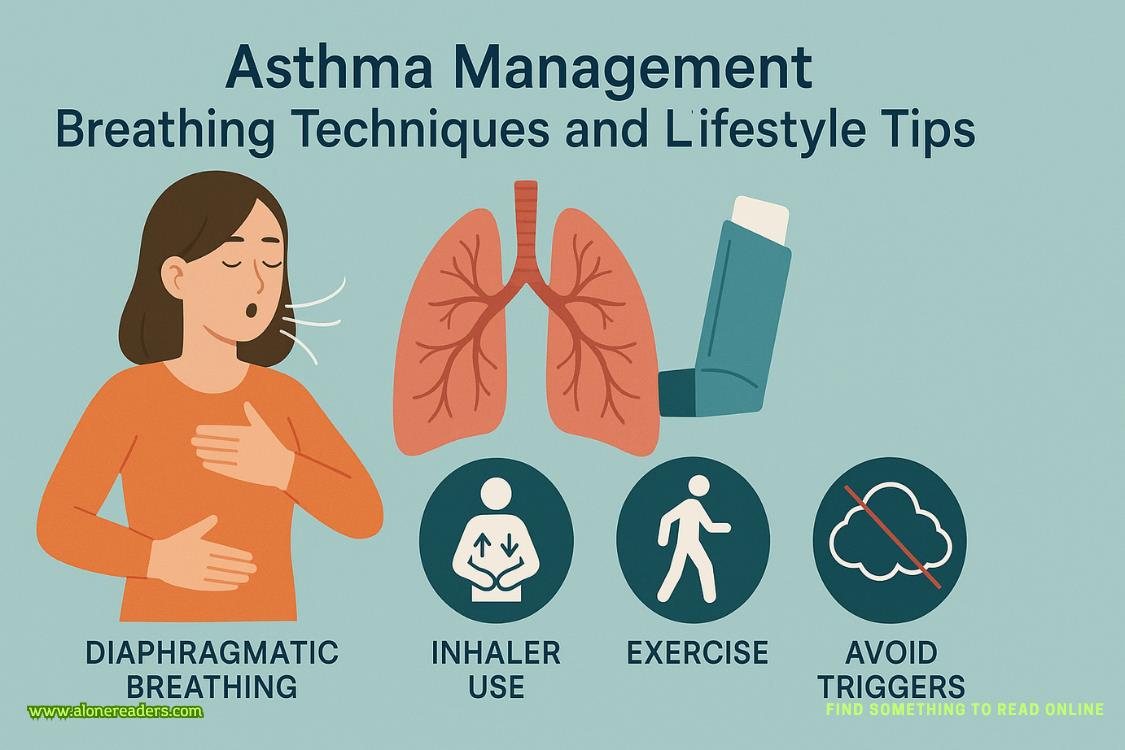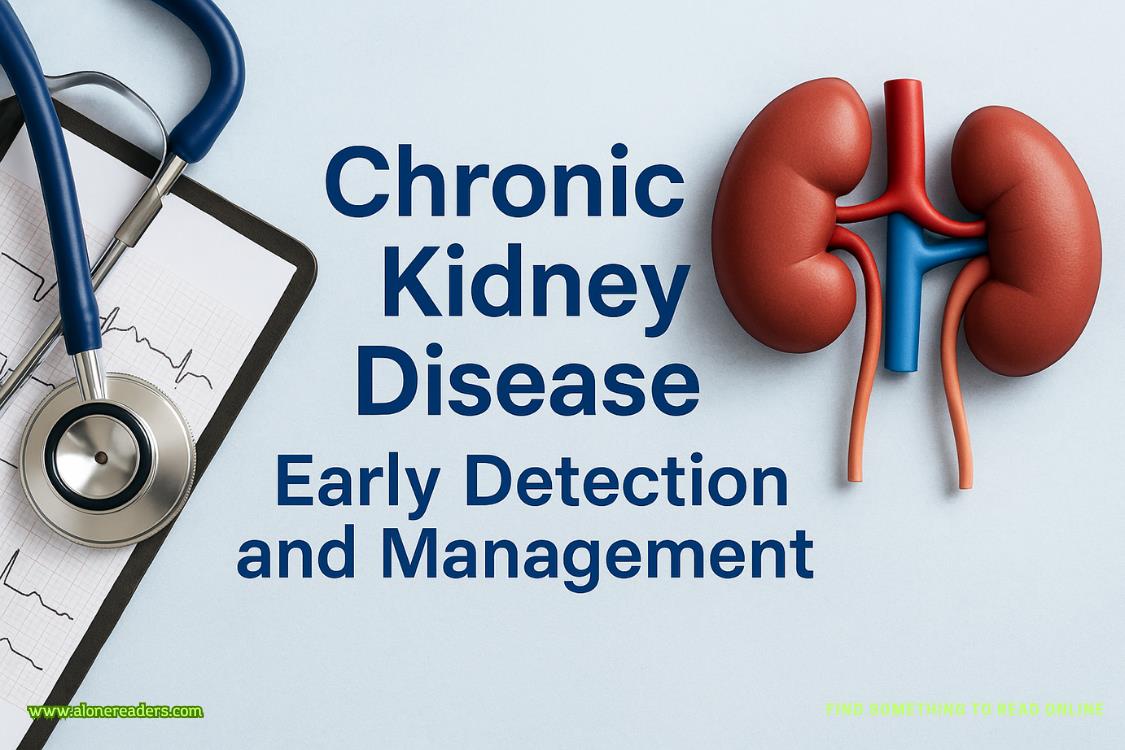Page 8 of The Last Kiss
He thought he’d hidden his turmoil from Kitty until one evening when they were sitting by the kitchen stove, him on the rug with his back propped against her chair. “I wish you was happier, Harry,” she said. “I wish you could smile sometimes.”
It was a cold night in early March, their fire too small to do more than toast them one side at a time — his shins were hot, his arse was freezing. It was luxury compared to the front, but he couldn’t help missing the comradely press of the captain’s arm against his as they drowsed together beneath their coats, the intimate weight of his head against Harry’s shoulder while he read aloud. “What do you mean?” He focused on the fire, following the dance of the flames. “I’m happy to be home.”
“Are you?”
“‘Course I bloody am.” He looked up into her face, into her knowing eyes, and conceded, “I’d be happier if I had work. I hate being idle.”
Kitty reached out and ran her fingers over his head, through his hair. “What about that captain bloke?”
Harry’s heart stuttered like a faulty automobile. “What about him?”
“Well, don’t he have some big house in the country? He might have use for a stable hand.”
His flash of relief — she didn’t suspect — was chased by a shrinking horror. Ask the captain for work? “Christ, no.”
“No what? No he ain’t got a big house, or no he won’t have use for a good nag-man?”
“No, I can’t ask him for work.”
Kitty sniffed. “Don’t see why not.”
“Because — ” How to explain? “Because he’d want to help, and I don’t want him to feel obligated.”
“Thought you said he was your friend.”
“He is. Was…”
“Well then, why not? Friends help each other.”
He edged closer to the stove, ducking out from beneath her hand and wrapping his arms around his warm shins.Because we were friends, because he looked at me like an equal, because I couldn’t bear him to look at me like a servant.“Because it wouldn’t be right.”
A long silence followed, the coals shifting, their heat ebbing. Kitty got to her feet, ready for bed. “Truth is,” she said, “we need the money. You’re welcome here, course you are. It’s your home. But…”
But his was another mouth to feed and his war pension was a pittance. “I’ll find something, Kitty. Soon. And if I don’t…” He scrambled to his feet, turned to take her hands in his. “If I ain’t got nowhere else to turn, then I’ll ask the captain before I see you or the girls go hungry. I swear it.”
He’d have to be on his knees to go cap in hand to Captain Dalton, but even so the thought of seeing him again — even in such dire circumstances — lit a fire in Harry’s heart.
And that alone should have warned him of the danger.
CHAPTERFIVE
On a breezy May afternoon, clouds scudding across a pale sky, Ash gazed through the dining room window and wished he was outside breathing the fresh air instead of Mrs Allen’s cloying perfume.
They were eating luncheon together, his father and mother, Mrs Allen and Olive. Over the last months, he and Olive had become cautious companions — much to the delight of their respective mothers. He felt guilty about the deception, because he had no intention of marrying Olive or any other woman, but it suited him that his parents hoped matters would proceed along those lines. It freed him from their interference, allowing him to devote time to his reading and recovery.
The doctor said his nerves were shot and prescribed quiet and rest, perhaps a lifetime of them. But Ash wasn’t certain it was his nerves at all. He rather thought his ennui had a deeper cause, one which he barely dared acknowledge to himself and certainly couldn’t confess to a doctor.
He missed Harry West.
Ash hadn’t heard from him since before Christmas and the loss was jarring. He’d thought their friendship inviolable, but perhaps West didn’t feel the same. Perhaps he had no use for the crippled son of Sir Arthur Dalton. Perhaps the future they’d talked about, a future where the divisions of class were no more, would never come to pass. God knew he couldn’t see much evidence of an egalitarian future around the dining table that afternoon.
His father, with his Victorian moustache quivering, was enumerating the new Prime Minister’s many failings while Culham, the footman, who’d been with the Royal Hampshires at Ypres, stood silently watching them eat as if it were 1819 and not 1919. The wrongness of it struck Ash so hard he could barely cut his cold ham. He had to tamp down a mad desire to leap up and scream.
No, not a mad desire. The madness was sitting there as if nothing had changed.
Across the table, Olive caught his eye with a flashing gaze. As often happened when his father started pontificating on politics, Olive was fuming. Ash smiled apologetically, but in truth he was grateful for the distraction. If he let his dark thoughts take hold, God only knew what he might do.
A moment later, Olive’s fork clattered loudly onto her plate. “Really, Sir Arthur,” she blurted, interrupting him mid-flow, “I must protest. The establishment of a Ministry of Health will benefit us all — the whole of society is advantaged when the health of the poorest is improved. Disease is no respecter of rank, sir.”
- His to Command by Emma Bray
- Detention with Daddies by Sofia T. Summers
- Daddy's Heart by Dani Wyatt
- Tarnished Hands by T.L. Smith
- The Way We Win by Tia Louise
- Tracked By Hound by Cassi Hart
- Until Presley by E.M. Shue
- Love in Excess by N. Slater
- The Madness Within by Raja Savage
- Greek's Enemy Bride by Caitlin Crews
- Taken by Lena Little
- Maddox by Piper Stone
- Property of Madman by Sapphire Knight
- Sacrificing Zoriah by Emily Klepp
- Omega's Triplets by J.L. Wilder
- Tag by Natalie Bennett







